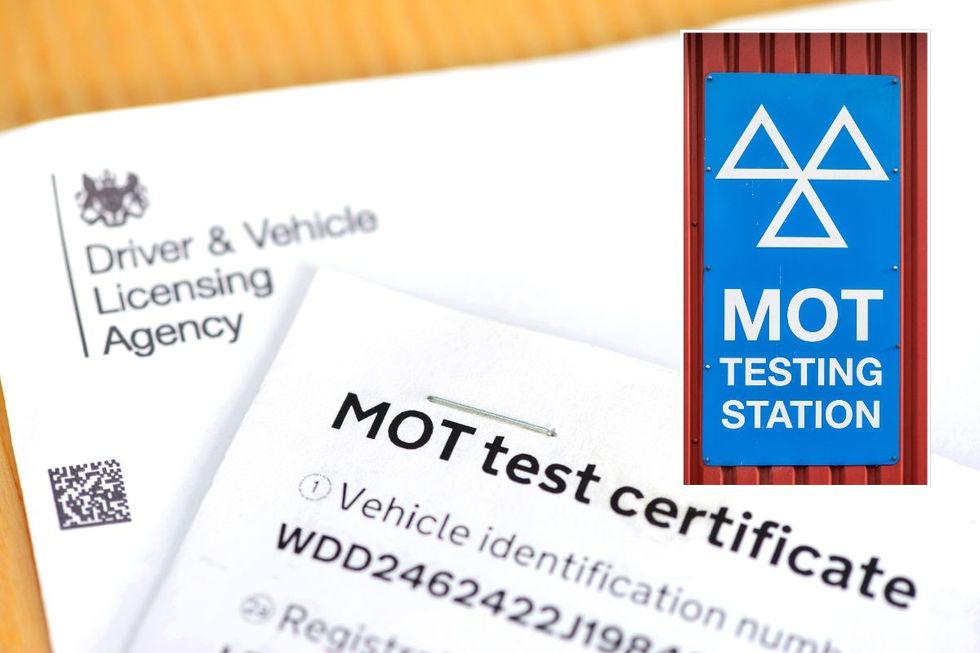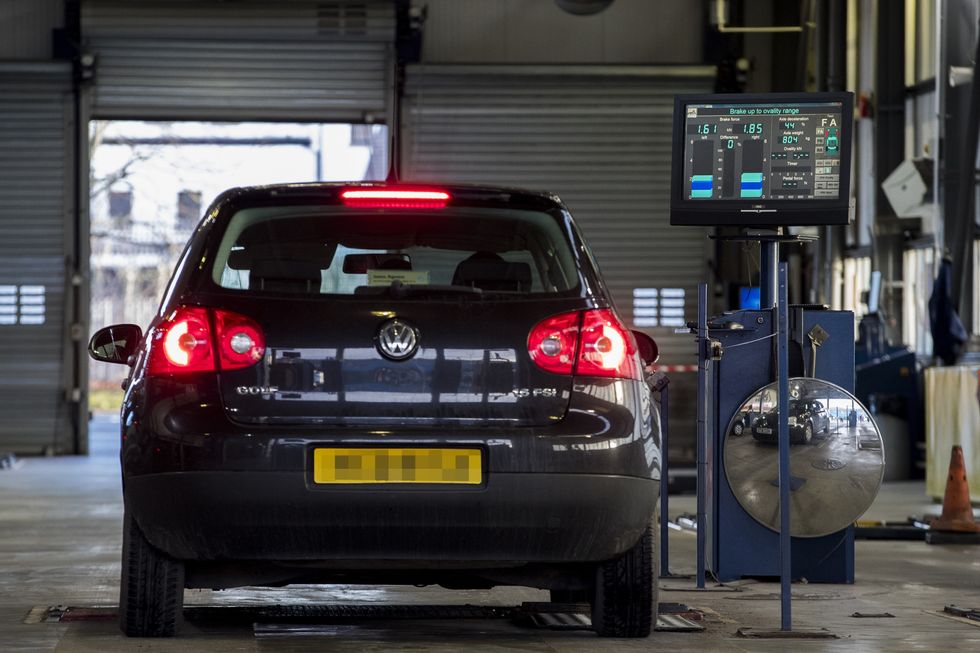MOT test changes could cause 'issues' if vehicles are tested less often - 'Too long to wait'
The consultation was launched on December 24 last year
Don't Miss
Most Read
Trending on GB News
Experts have backed Government proposals to allow heavier electric vans to be tested at MOT centres rather than through the HGV testing network.
A fleet management company has responded to the "Zero emission vans: regulatory flexibility" consultation, which closed on March 3.
The Department for Transport launched the consultation in December 2024 to reduce barriers to electric van adoption by clarifying regulations for vehicles within the 4.25-tonne derogation.
It also suggested changing testing schedules so the first test would occur three years after registration rather than annually.
Do you have a story you'd like to share? Get in touch by emailingmotoring@gbnews.uk

New MOT test changes could be introduced in the near future following a consultation
GETTY
The consultation proposed removing heavier electric vans from tachograph requirements, drivers' hours rules and specific road transport working time rules when used within Great Britain.
It ran alongside the Government's Zero Emission Vehicle mandate review, although the Department for Transport has yet to respond to the findings.
Experts at Holman support transferring annual testing for zero-emission commercial vehicles weighing between 3.5 tonnes and 4.25 tonnes to the MOT network.
However, the firm has opposed suggestions to extend the first MOT test to three years after registration, arguing annual testing should continue.
The company believes annual testing should continue until there's sufficient evidence that the extra weight of electric vans isn't affecting parts and safety.
Dominic Hutchinson, Holman's head of operations, explained: "The issue with moving to a three-year first MOT regime is that we're not going to get any statistically relevant data from the DVSA until the end of this decade at the earliest.
"That's too long to wait to find out what's going on in terms of compliance," Fleet News reported.
The leasing company manages thousands of vans for customers, including BT Group, which recently placed its largest ever order of electric vans.
Hutchinson advocated for a hybrid testing approach that utilises the MOT network's capacity while maintaining annual testing frequency.
He added: "We believe these vans should be subject to a hybrid regime, taking advantage of the capacity of the Class 7 MOT network while applying the annual testing of the HGV regime.
"HGV MOT testing typically requires specialised ramps with features like suspension play detectors to meet existing DVSA standards. There will need to be alignment on what is tested under the new regime."
The consultation also proposed removing tachograph requirements for certain electric vans. The expert supports removing tachograph requirements for heavier electric vans, arguing this would benefit operators financially.
LATEST DEVELOPMENTS:

The Government has yet to respond to the results of the consultation
PAThe company believes modern in-cab safety systems make heavier vans as safe as lighter models.
This consultation aims to ensure fleets and drivers are prepared for any changes and capable of handling increased testing volumes.









